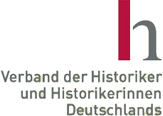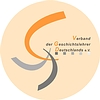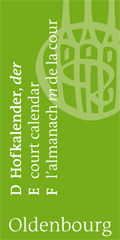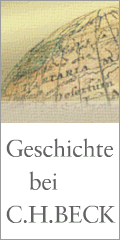


- Vortragstitel:
- An Anglican Nun, New Hebridean Nurses and Indigenous Women
- Tag:
- 01.10.2010
- Epoche:
- Neuere/Neueste Geschichte
- Sektion:
- Creating a World Population: The Global Transfer of Techniques of Population Control
Abstract:
An Anglican Nun, New Hebridean Nurses and Indigenous Women: Assemblages in the Attempts to Increase the Population in the New Hebrides
Referent/in: Alexandra Widmer, Berlin
Abstract
In the 1960s Betty Pyatt, an Anglican missionary nurse from New Zealand, set up a school in the New Hebrides (called Vanuatu since 1980) to train New Hebridean women to be nurses. The nursing school was but one institutional intervention in a century of Christian missionaries’ and colonial officials’ modest attempts to stop the catastrophic population decline in the New Hebrides. Pyatt’s years in the New Hebrides span remarkable social and demographic change: at the beginning of her time in the 1940s, Pyatt told me that indigenous women (woman blong ples in the lingua franca Bislama) asked her how to conceive more children, while by the 1970s she was being asked for contraception information. Clearly, the population growth that followed the long decades of decline cannot be attributed to knowledge and technology transfers and institutional interventions in a straightforward sense. In this paper, I describe the nursing school curriculum, the experiences of New Hebridean nurses who delivered maternity care and the birthing stories of women who were under their care. My intent in analyzing this context is to show how attempts at implementing technologies and knowledge in colonial situations involved complex assemblages of Christian service, governance, biomedical techniques, indigenous fertility knowledge and gendered aspirations for the future.






